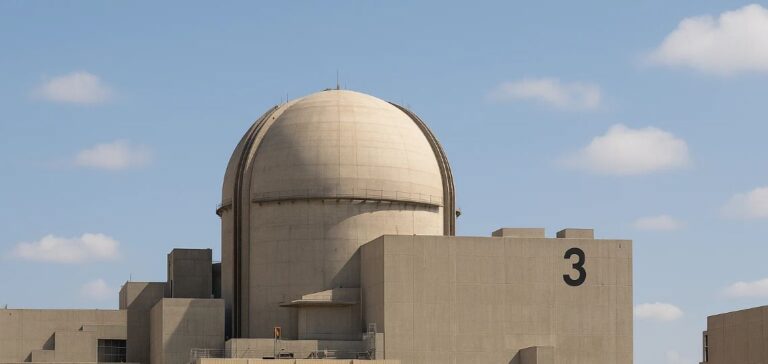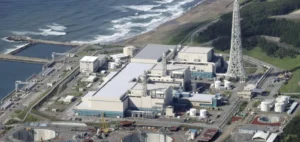The recent decision by a Czech court to suspend the signing of the contract between Korea Hydro & Nuclear Power (KHNP) and the Czech Republic for the construction of two nuclear reactors has provoked strong reactions in South Korea. KHNP, a South Korean state-owned company, won the tender in July 2024, beating competitors including the French group EDF and the American Westinghouse.
A strategically significant project
The project involves building two APR-1000 reactors, each with a capacity of 1,055 megawatts, at the Dukovany nuclear power plant. Valued at approximately $18 billion, this contract represents the largest energy investment in Czech Republic history. The first reactor is scheduled to enter service in 2036, with local Czech companies accounting for 60% of the construction effort.
Official reactions from South Korea
The South Korean government, through its Ministry of Trade, expressed concern regarding the suspension, emphasizing that KHNP had complied fully with all applicable legal and regulatory procedures. The company also stated that it had not received any subsidies that could distort competition, responding directly to concerns raised by the European Commission.
Impact on South Korea’s nuclear sector
This development occurs at a critical moment as South Korea seeks to reinforce its position in the global nuclear energy market. KHNP previously achieved notable success with the construction of the Barakah nuclear power plant in the United Arab Emirates. The Czech contract represented a significant opportunity for KHNP to solidify its European market presence.
Potential consequences
The contract suspension could have implications for trade relations between South Korea and the European Union. KHNP is considering legal actions to challenge the decision, while the South Korean government closely monitors developments.






















